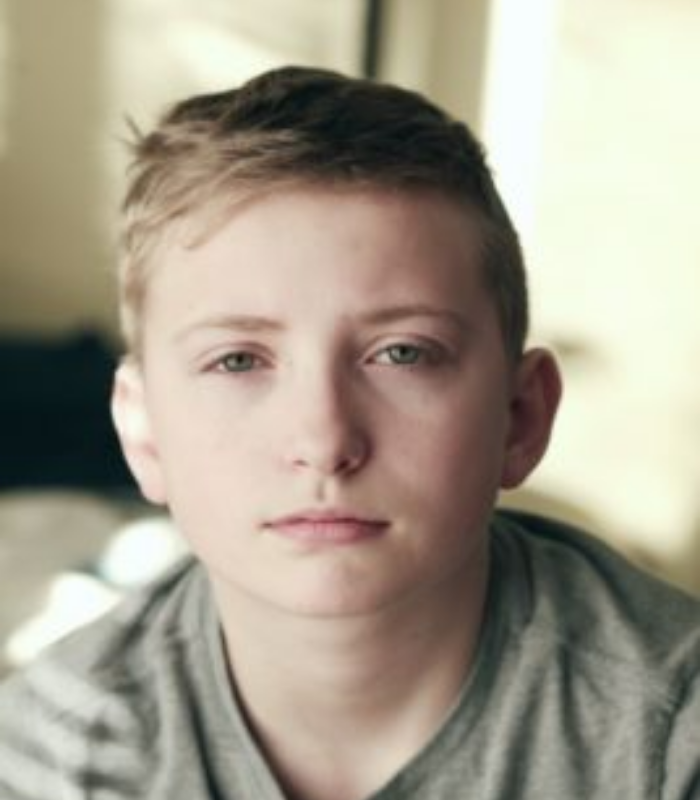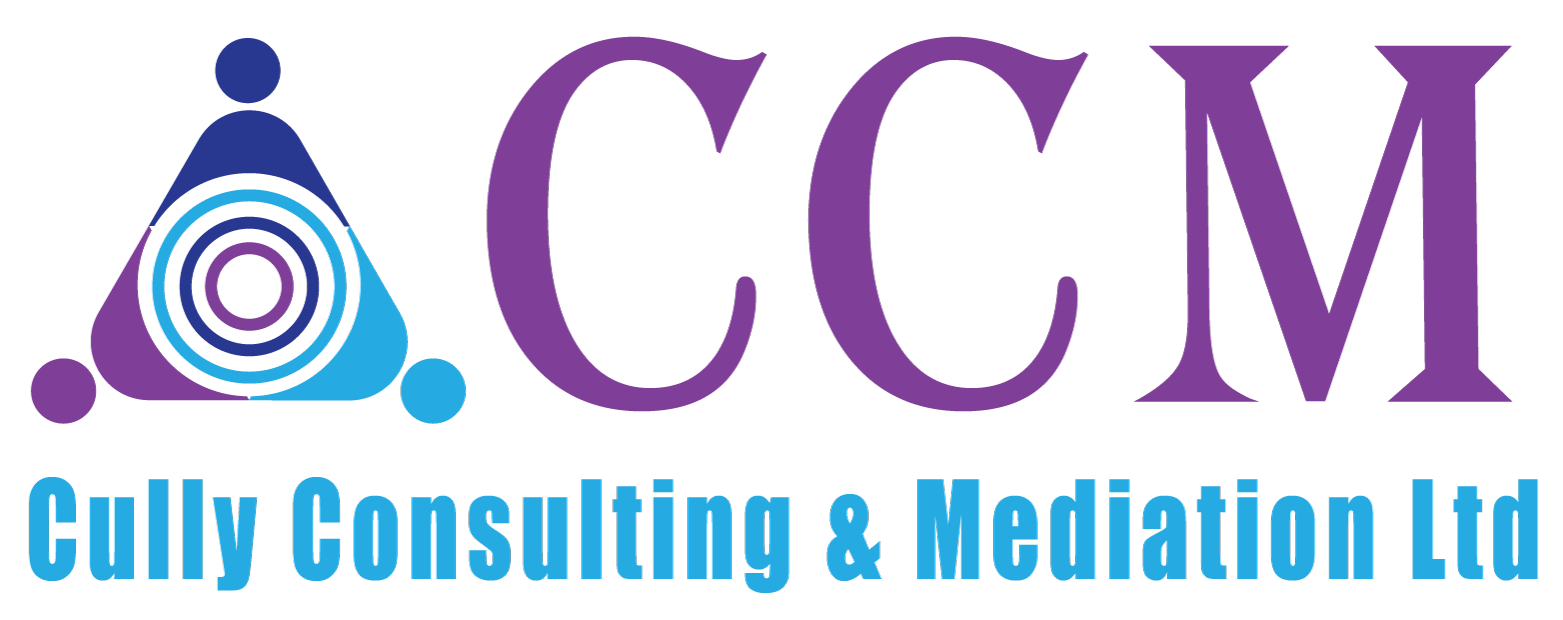Voice of the Child Reports
What is a Voice of the Child Report?
The Voice of the Child Reports are designed to allow the children of separating parents to have a say in their future. This is a non-evaluative report conducted by a Trained Practitioner. These reports can be requested by parents, lawyers, judges and other professionals. The purpose of a VCR is to assist in the resolution of parenting plans. The VCR may be requested at any time throughout the process of litigation or dispute resolution. However, it is at the discretion of the VCR practitioner and child whether they are completed.
VCR’s assist in sharing the child’s views, perspectives, and preferences with the parents for consideration in negotiation, mediation, litigation and other dispute resolution processes between parents/guardians. A VCR can be very useful in the early stages of separation allowing parents to gain an understanding of the child’s views and assist with settlement. Even if the parenting plan changes over time; parenting plans put in place soon after the separation typically help reduce conflict and improve the situation for the child.
Most agree that it is in the child’s best interest to feel heard and parents typically appreciate hearing their children’s views. The VCR being representative of the child’s view rather than evaluative in nature, has a more impactful effect on the parents/guardians. parents often appreciate that the VCR is about what their child has to say, while not taking the role of a parenting plan and skills evaluation.
VCR’s are often most useful when there are not complex issues present. (mental health, addiction, child abuse).
Through the meetings with the child, the practitioner will only share the information that the child is comfortable sharing. This assurances of confidentiality lends itself to an environment that encourages children to be more comfortable and open to sharing. Most children want to have their voice heard and considered.
Being non-evaluative means VCR’s are limited in scope, and do not constitute an assessment of any kind. Collateral information is not sought, nor are recommendations made by the VCR practitioner.

Some commonly asked questions about The Voice of The Child Reports are available below.
As this is a service only offered by Accredited Practitioners, I am happy to answer any questions you may have before moving forward.
Things like what to expect and what to tell the child are discussed below as well as what is expected after the meeting with your child.
A VCR is typically not completed under the following circumstances.
- For legal reaons such as, if there are criminal charges against a parent, and the child might have to testify; or, there are criminal charges against a parent and bail conditions prohibit contact with the child.
- When there is a recently completed Parenting Paln Evaluation under section 30 of the Children Law Reform Act; or a clinical investigation under section 112 of the Courts of Justice Act
- If there may be repercussions to the child for participating. The discretion for completing the VCR remains with the VCR practitioner and the child. A VCR will only be completed if both parents/guardians consent and there is consent for participation from the child. As with any meeting with a child, disclosures about a safety issue or potential safety issue must be reported to child protection authorities.
The VCR practitioner and the parents will determine togeher where and when the meetings shall take place. Each child shall be brought to the meetings by each parent and there shall be at least two meetings with each child. Children are seen individually; and not with siblings in the room. Sometimes the VCR practitioner and parents may choose to perform these meetings online. The meetings are typically no longer than 1 hour and sometimes less depending upon the child.
- Less is better in this case.
- Keep it simple and not about the other parent or what you want.
- Don’t influence your child to give information or to keep secrets.
- Do show that you are supportive of the child sharing his/her own thoughts and feelings, and not those of either parent
- Don’t promise your child something for participating or sharing certain information.
You might say:
“Your ____ and I (or the Judge) thought it may be helpful for you to meet with a special person who works with children when parents separated and divorced. This person would like to know what your thoughts and feelings are so that person can help us to come up with a plan that works for everyone.”
“You won’t be asked to choose between us.”
“It gives you an opportunity to share with someone other than us, where you can say what you want to say.”
“The special person will only tell us (and/or the Judge) what you want us to know.”
Don’t ask the child what was asked of them or what they said.
The VCR practitioner will write a Voice of the Child Report and may also share the information verbally.
The report may include basic factual information, the child’s shared information, information about the child’s maturity and ability to provide information, and observations of the child. What is shared with the parents is at the discretion of the child and the VCR practitioner. If there are any concerns that what is shared may be detrimental to the child, the VCR practitioner may terminate the process and/or not share information.
